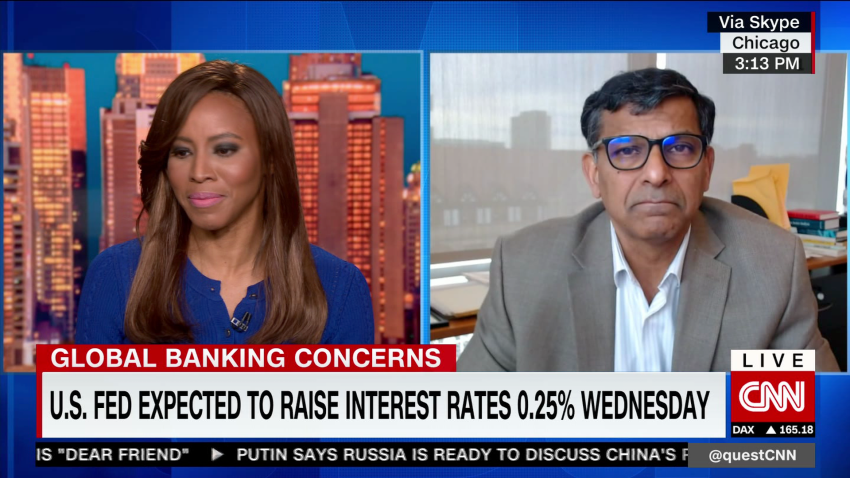The median price of a US home was lower this February than it was in February 2022, ending more than a decade of year-over-year increases, the longest on record, according to a National Association of Realtors report released Tuesday.
The median existing home price was $363,000 in February, down 0.2% from a year ago. This marks the first year-over-year price decline in 131 consecutive months of year-over-year increases that began in February 2012.
But home sales vaulted higher, making the largest monthly percentage increase since July 2020.
As median home prices were lower than a year ago, US home sales surged in February, following a full year of declining home sales due to surging mortgage rates and prices that remained elevated, which kept homebuyers out of the market. February’s reversal in sales also ended the longest streak of month-to-month declining home sales on record, going back to 1999 for all homes and 1968 for single-family homes.
Sales of existing homes — which include single-family homes, townhomes, condominiums and co-ops — shot up 14.5% in February from January. But sales were down 22.6% from a year ago.
The seasonally adjusted annualized sales pace dropped from 5.92 million units a year ago to 4.58 million. The steep decline in sales activity is driven by the large increase of mortgage rates over the past year.
Mortgage rates remain volatile — in February, rates rose half of percentage point — but prices are cooling, according to NAR.
“Conscious of changing mortgage rates, home buyers are taking advantage of any rate declines,” said Lawrence Yun, NAR’s chief economist. “We’re seeing stronger sales gains in areas where home prices are decreasing and the local economies are adding jobs.”
Inventory remains stubbornly low, said Yun.
Total housing inventory at the end of February was 980,000 units, the same as last month and up 15.3% from one year ago. Unsold inventory sits at a 2.6-month supply at the current sales pace, down 10.3% from January but up from 1.7 months a year ago.
“Inventory levels are still at historic lows,” Yun added. “Consequently, multiple offers are returning on a good number of properties.”

